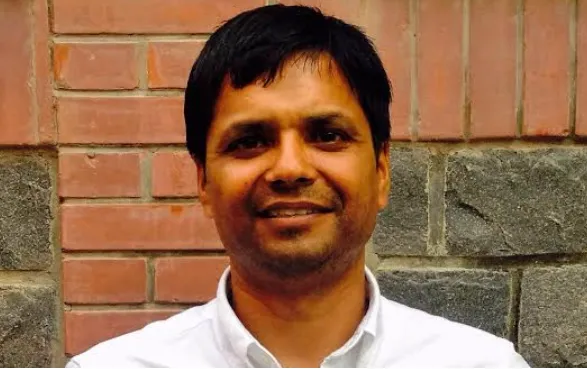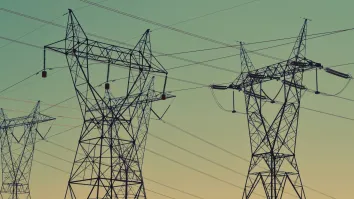
Why Indian developers are scrambling for IPOs
Everyone is going nuts over new projects.
When Indian solar and storage developer Acme Solar announced plans to raise US$335m (Rs2,200 crore) through an initial public offering (IPO), it was a logical strategic move after the company won an auction bidding earlier this year for the lowest-priced solar power project in the country’s history. Acme Solar secured the rights to develop a 200 megawatt (MW) solar power project in Rajasthan-based Bhadia solar power park at a record tariff of Rs 2.44/kWh (3.7 US cents/kWh), and analysts note that as more renewable developers pursue their next stage of growth and investors look to cash in, IPOs will become a more common occurrence. But finalising deals might be trickier for less established firms.
“Financial investors looking for exits and developers looking to raise capital for new projects is creating urgency in equity market activity,” said Vinay Rustagi, managing director of Bridge to India.
He described the current environment where deals are held up because of mismatch in pricing expectations and portfolio performance, even as developers rush to raise capital to sustain business growth.
In the past two years, significant capacity addition and allocations in the Indian solar sector has pushed developers to explore the IPO path. Rustagi noted that nine private developers, as of September, have rapidly built up solar portfolios exceeding 500 MW each, including Acme. These developers are Adani (2,038 MW), Acme (1,713 MW) and ReNew (1,659 MW), Greenko (1,407 MW), Tata Power Renewable (1,382 MW), Azure Power (1,102 MW), Essel Infra (710 MW), Engie (694 MW), and Hero Future Energies (540 MW).
“Financial investors, in particular, are looking for exits, and that is creating urgency in primary and secondary equity market activity,” said Rustagi. “Adani, Greenko, and Tata Power Renewable, because of their large portfolio size, are the other potential candidates for an IPO in the near future.”
Rustagi said that IPOs are preferred because the other available routes such as infrastructure investment trust, or InvIT, and merger and acquisition, or M&A, “do not appear very promising” for renewable IPPs.
“The InvIT structure enjoys tax and regulatory benefits over conventional IPOs but poor performance of initial InvITs—IRB and India Grid, both trading at about 5% below their issue price—has spooked the markets,” he said.
But even as IPOs can appear to be a superior option, Rustagi reckoned investors have become more cautious due to rising risks in the sector because of a slowing pipeline, falling tariffs, and other uncertainties on grid availability and plant performance.
“They have burnt fingers in thermal power IPOs—Reliance, Jaiprakash, Adani—and even Azure Power has been trading at more than 10% below its issue price,” he said.
“Lots of portfolios, across market, are available for sale or IPOs but deals are held up because of mismatch in pricing expectations. Our view is that investors are driving hard bargains, and closures are likely to happen only for credible developers at the right prices.”



















 Advertise
Advertise





